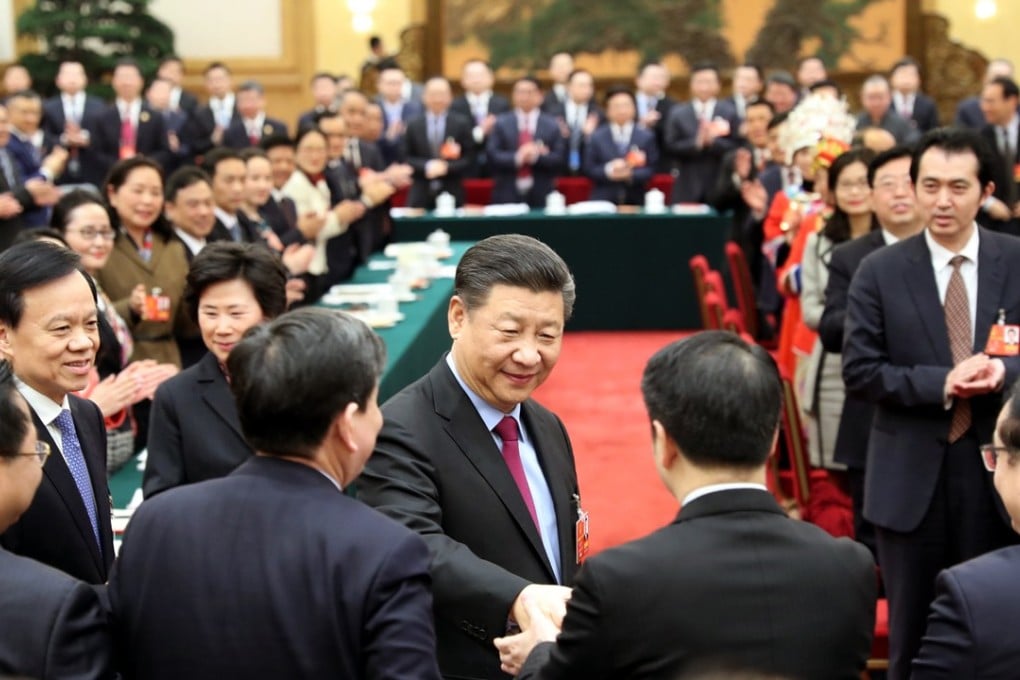Xi Jinping is changing the constitution, but what’s his endgame?
Revisions all point to the same goal – strengthening the party’s legitimacy and institutionalising its rule by blurring the line between it and the state

Soon after Xi Jinping took the helm of the Communist Party in 2012, he gathered China’s political elite in Beijing to mark the 30th anniversary of its modern constitution.
“No individual or organisation is above the constitution,” the new party chief thundered from the podium of the Great Hall of the People.
“Anyone who acts against the constitution or the law will be held accountable.”
Few people attached great significance to the speech at the time. After all, Xi’s predecessor Hu Jintao said something similar after becoming the party’s general secretary in 2002. Some liberals even felt encouraged by it, and hoped Xi – the son of a bold reformer – would use his authority to strengthen the constitution that promises both freedom of expression and freedom of assembly.
On Sunday, as China approves the most drastic constitutional amendments in decades, there is little doubt that Xi was deadly serious – though he has not taken the direction liberals had hoped for.
With the whole world focusing on the revision to remove the president’s term limit, it is easy to overlook the bigger goal of Xi’s move: staying in power beyond 2023, but on his own terms.
